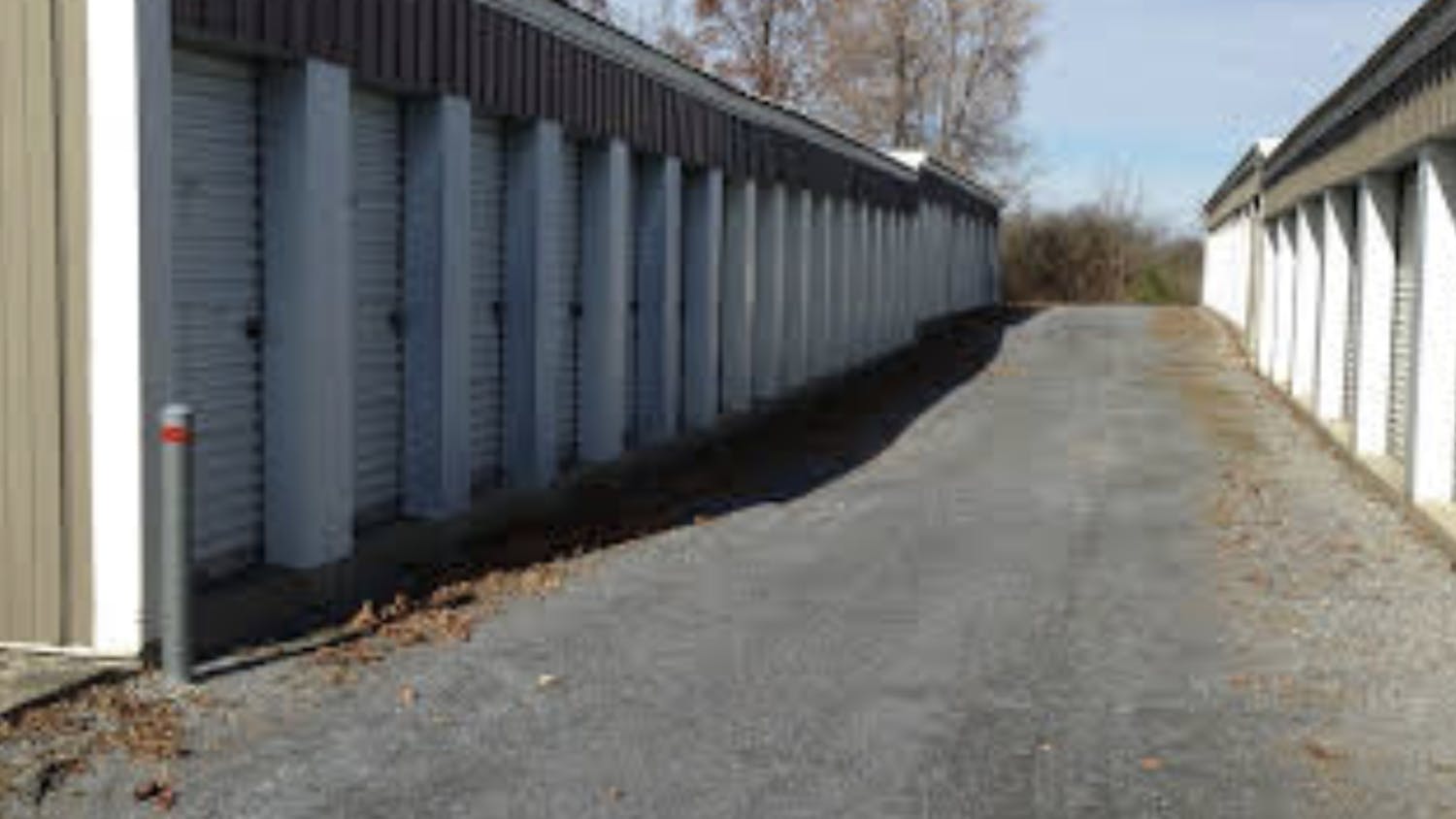Repairing and upcycling clothing was one of the first hobbies that got me interested in fashion. And, to be completely honest, I know nothing about fashion. Growing up on a farm, my only sense of style during childhood was pairing muck boots with a pink dress. The majority of my wardrobe was hand-me-downs from cousins or neighbors that never quite fit right. In an effort to curate outfits that actually fit me, I learned how to use a sewing machine. I started by hemming pants or taking in the waist of jeans, but this quickly evolved into completely transforming clothes. I fell in love with upcycling, the process of creating new designs from the clothes you already have, without even knowing its benefits — I just wanted a cute shirt without buying one.
At Middlebury, once my friends found out I could sew, I became inundated with texts asking me to patch a pair of jeans or alter a top. Upcycling and repairing clothing is crucial to capitalizing on the longevity of clothing and avoiding the wasteful process of buying something new. There is an obvious interest in this at Middlebury, and I hope students find an outlet for this interest to grow further.
Looking around a classroom at Middlebury, it’s pretty easy to become distracted by the screen in front of you as someone scrolls through an online store. We see people every day picking up packages of their freshly ordered clothes or shoes. We all do it. We all see it. We live in a consumer-based culture that runs rampant in Middlebury.
The dangers of fast fashion and a “buy-new” society are well-known and are often discussed at Middlebury. We know all too well the concerns associated with the ethics of many clothing brands, the cost barriers to “better, more sustainable” brands, and the horrors of the environmental consequences of the fashion industry. Yet, many of us still find ourselves stuck in the lure of buying something new every time we see a trend pop up.
Still, thrifting culture is alive and well here, as I expect is the case among many liberal arts colleges. The trendiness of “vintage” or “distressed” clothes has led many to the doors of a thrift shop. Although this is not always motivated by a desire to pursue less harmful forms of fashion, it is still a welcome shift. Thrifting and secondhand clothing shopping are much more sustainable methods for getting in your “retail fix” and avoid many of the woes of consumption, although it is not devoid of its own problems.
What I would love to see at Middlebury is a culture that supports slow fashion, recycling or upcycling clothing, and more clothing swaps. Secondhand shopping is just the beginning, but I hope to see a future at Middlebury where students repair their clothing or trade items with friends before ordering something new.
The Clover Magazine Consignment Shop this past weekend was a great opportunity for both buyers and sellers. It allowed many to clear out their closets and ensure their clothing will be headed to another great home. For buyers, it’s a chance to get something new out of something old. Secondhand shopping is a much more sustainable alternative to buying new clothes, and a more exciting one. Sorting through the rack and finding a gem feels a little bit like a treasure hunt. As the current Editor-in-Chief, I have been so excited about Clover’s work to support sustainable fashion on campus.
Clover hopes to continue to hold events like these in order to support a sustainable fashion culture on campus. Stay tuned for more consignment pop-ups and upcycling workshops in the future.
And, if secondhand fashion is of interest to you, be sure to check out several of the consignment shops in and around Middlebury. If there’s something online you want, first check and see if you can find a lightly used version — you might even like it more.
Libby Scaperotta is a member of the class of 2024 and an opinions editor for the Campus. She is the Editor-in-Chief of Clover magazine.

Libby Scaperotta ’24 (she/her) is the Opinions Senior Editor.
Libby is an Environmental Policy major and Geography minor. She enjoys photography, travel, and spending time outside with friends. Libby also works as a layout design editor for Middlebury Geographic.




